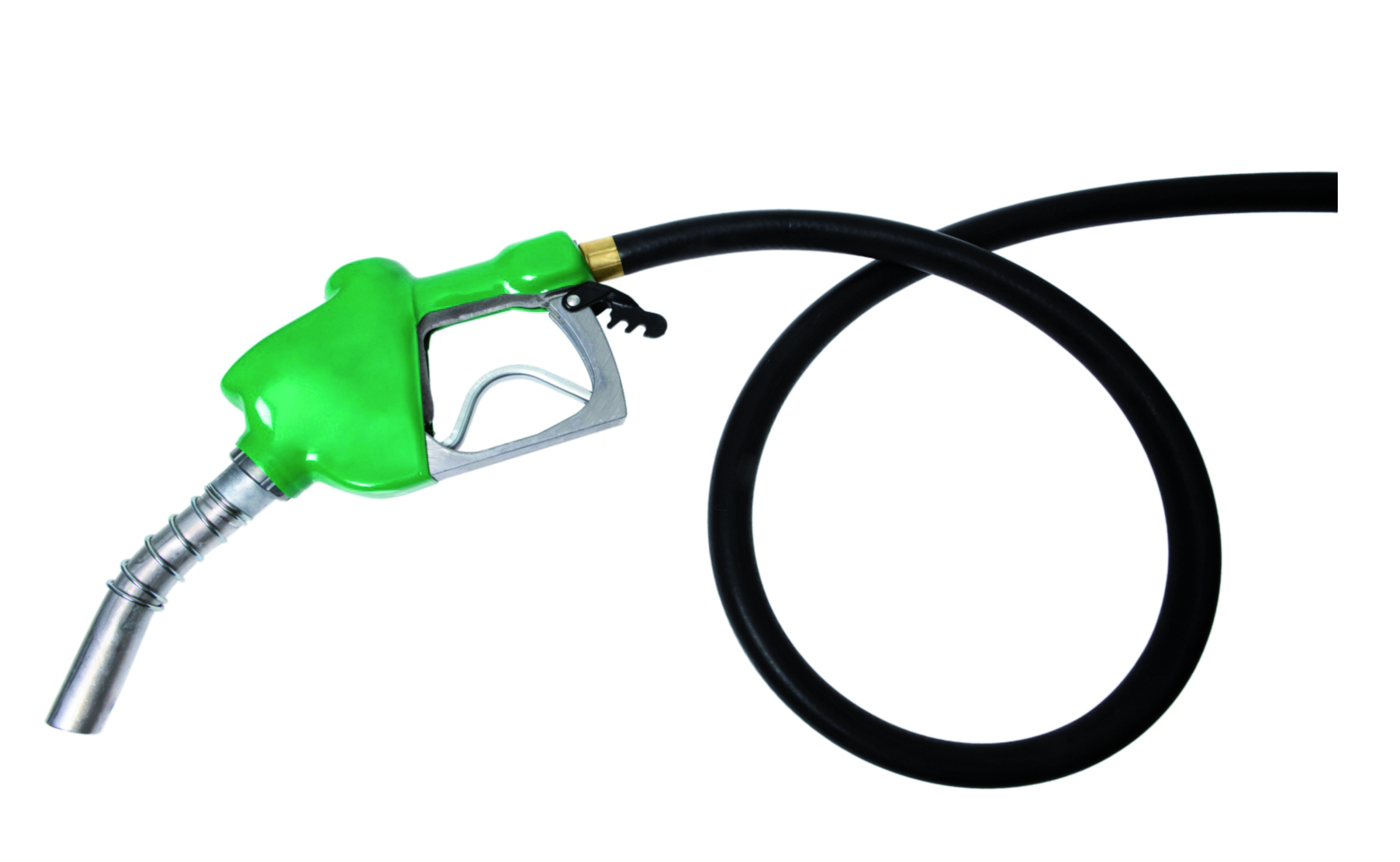Hundreds of thousands of cars incompatible with new fuel
Please note that more information on whether a vehicle is E10 compatible is available on the gov.uk website.
E10 petrol will be introduced in the UK from September meaning that standard grade petrol at the pumps will have a higher bio-fuel content than the current E5.
The move is designed to help cut carbon emissions from fossil fuels.
E10 is already common across Europe including in Germany, France and the Netherlands.
E10 has up to 10% ethanol compared with a maximum of 5% in E5, though the new fuel will have a lower energy content than E5 meaning drivers will do slightly fewer miles per gallon.
Ethanol is made from materials including low-grade grains, sugars and waste wood.
There are nineteen million petrol cars in the country, the vast majority of which will be compatible with E10.
However, the RAC Foundation estimates that around half a million cars – a mixture of both classic vehicles and everyday runarounds – will not be able to use E10 because the it can damage components.
Instead they will need the super grade of E5 petrol which will still be available on many forecourts though at a higher price than the new standard E10.
The challenge for drivers will be finding out definitively whether their vehicles are able to take the new green fuel or not. A vehicle checker launched by the government gives a rough idea but in many cases drivers will have to check with their vehicle’s manufacturer.
RAC Foundation analysis suggests that some older VW Golfs, Mazda MX5s and Nissan Micras will be amongst those cars not able to run on E10.
“When you take into account the standard characteristics – make, model, year of manufacture, engine type etc. – of the 19 million petrol cars registered in the UK there are an astonishing 450,000 permutations. This means it is extremely hard to create a definitive list to allow drivers to check whether they own one of the more than half a million cars we believe are still on the road and probably E10 incompatible.
“Many of the incompatible cars will be classics doing only a few miles per year, but a significant number will still be used on a daily basis as the family run-around.
“It is vital that our government learns the lessons from the rollout of E10 on the continent and makes every effort to encourage and enable drivers and riders to check whether their vehicles are compatible, and identify what they should do if not, rather than being faced with an unexpected shock when they turn up at their usual service station.”
The government says the introduction of E10 on “UK roads could cut transport carbon dioxide (CO2) emissions by 750,000 tonnes a year – the equivalent of taking 350,000 cars off the road, or all the cars in North Yorkshire.”
However, the official impact assessment of bringing in E10 says there will be additional costs for drivers over the next ten years:
(1) decreased miles per gallon cause an increase in fuel supply costs of £200m for fuel consumers (some of which are businesses)
(2) costs to incompatible vehicle owners (from having to buy ‘super’ grade petrol meeting the E5 fuel spec) of £169m, and transition costs of fuel labelling and communications of £1m in year 1.
ENDS
Contact:
Philip Gomm – Head of External Communications – RAC Foundation
[email protected] | 07711 776448 | 020 7747 3445 | 020 7389 0601 (ISDN)
Notes to editors:
The RAC Foundation is a transport policy and research organisation that explores the economic, mobility, safety and environmental issues relating to roads and their users.
The Foundation publishes independent and authoritative research with which it promotes informed debate and advocates policy in the interest of the responsible motorist. All the Foundation’s work is available at: www.racfoundation.org


